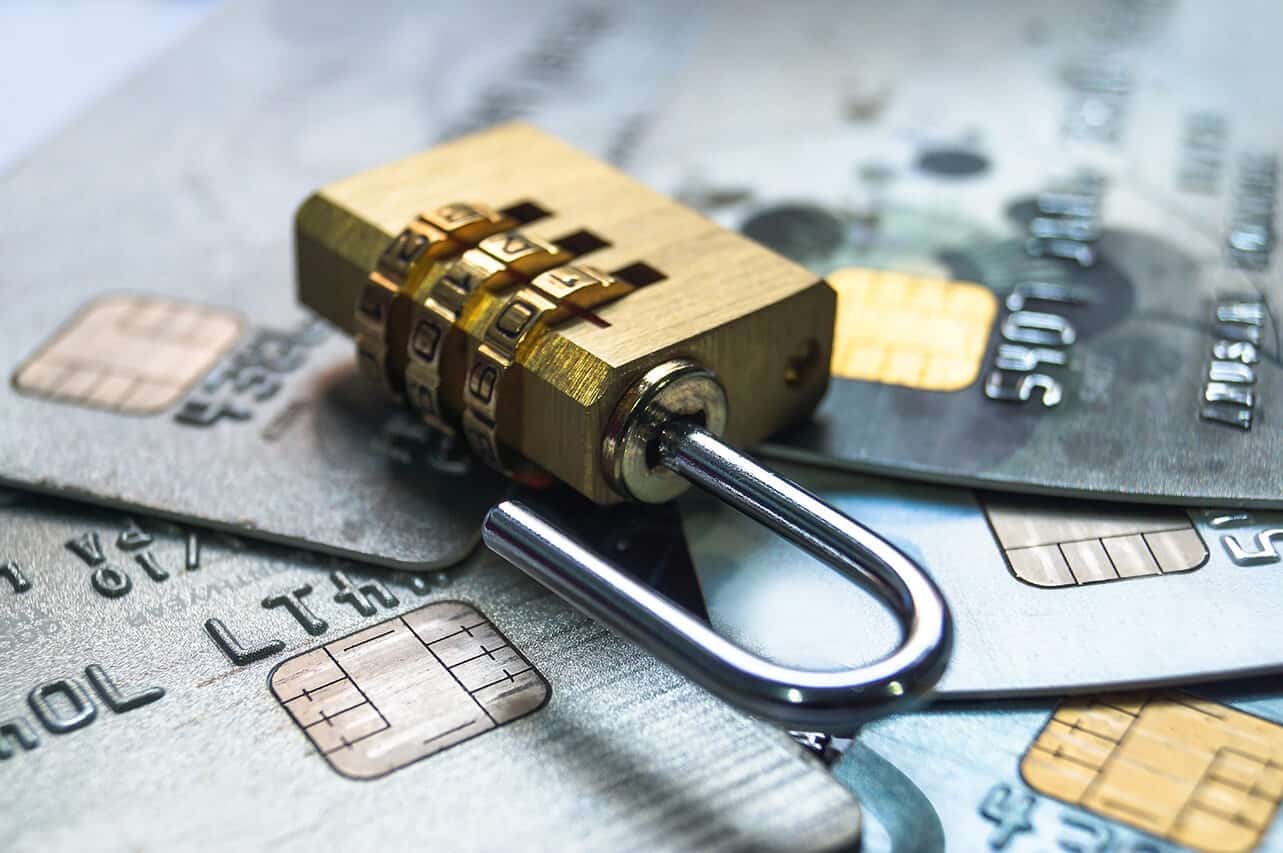Join Our Telegram channel to stay up to date on breaking news coverage
Director of Financial Crimes Enforcement Network (FinCEN) Kenneth Blanco said that the agency has witnessed an increased number of suspicious activity reports (SARs) in the crypto sector.
What led to the increase?
The number of reports has increased after a May guidance by the agency that explained how the Banking Secrecy Act applies to the crypto industry. The Act is considered to the foundation of the anti-money laundering (AML) regime in the US.
Blanco noted that FinCEN received 11,000 SARs related to digital currencies since May. Of these “dozens” of entities filed the report for the first time. The agency found that 2,100 files had directly referenced to the May guidance. With more regulatory clarity and a rising number of SARs, it is evident that virtual asset service providers (VASPs) are more aware of their responsibility. They are monitoring transactions on their respective platforms more closely and quickly reporting them to relevant authorities if they suspect an illicit activity.
The FinCEN director noted,
“It is encouraging that CVC entities, dozens of whom had never filed a SAR report prior to the May advisory, are using the red flags and reporting suspicious activity back to us.”
The Venezuela problem
According to Blanco, Venezuela is a hotbed of suspicious cryptocurrency activities. The Latin American oil-rich nation released its own cryptocurrency called Petro. Though the US has banned its citizens from buying or holding Petro, it appears that numerous unregistered money service businesses are operating in the country. It is affecting the US as well as many suspicious transactions are directed towards Venezuela.
On the domestic front, crypto companies are reporting more transactions linked with the darknet. They are also reporting a number of scams that are targeting senior citizens and duping them out of their life’s savings. Most of these customers have very limited knowledge about cryptocurrencies because of which they are often at a very high risk of losing their funds.
Blanco emphasized the need for SAR reports for all financial institutions, including those that have not filed a single report yet.
“If the answer is no, they need to reevaluate whether their institutions are exposed to cryptocurrency,” he added.
Join Our Telegram channel to stay up to date on breaking news coverage



